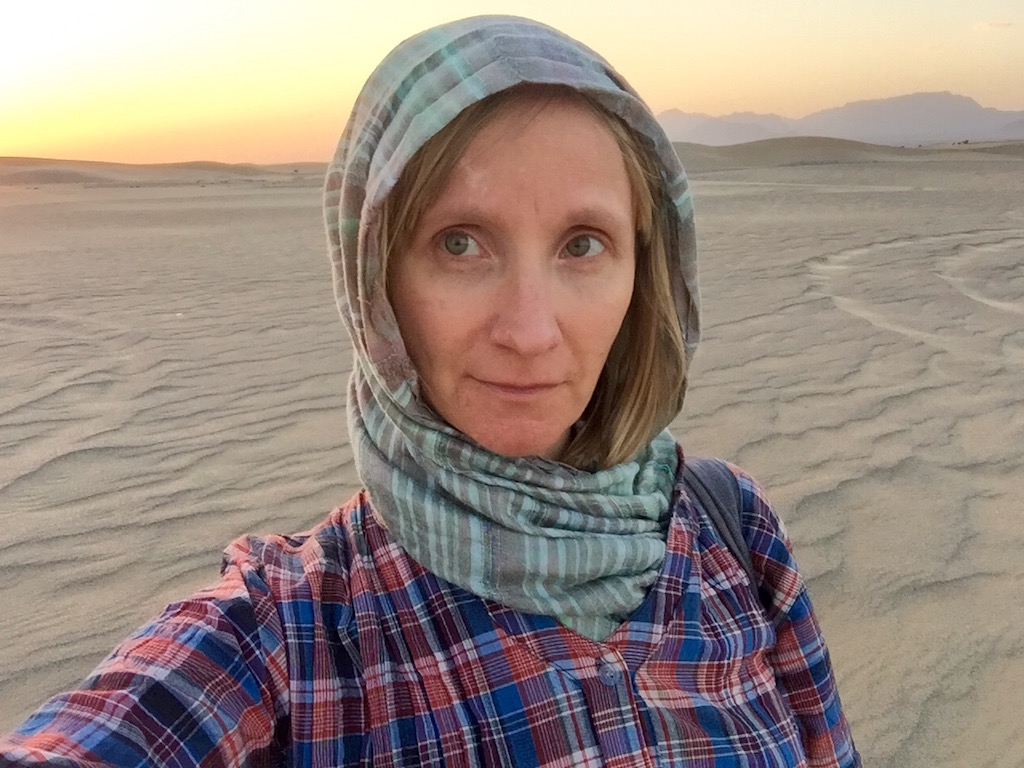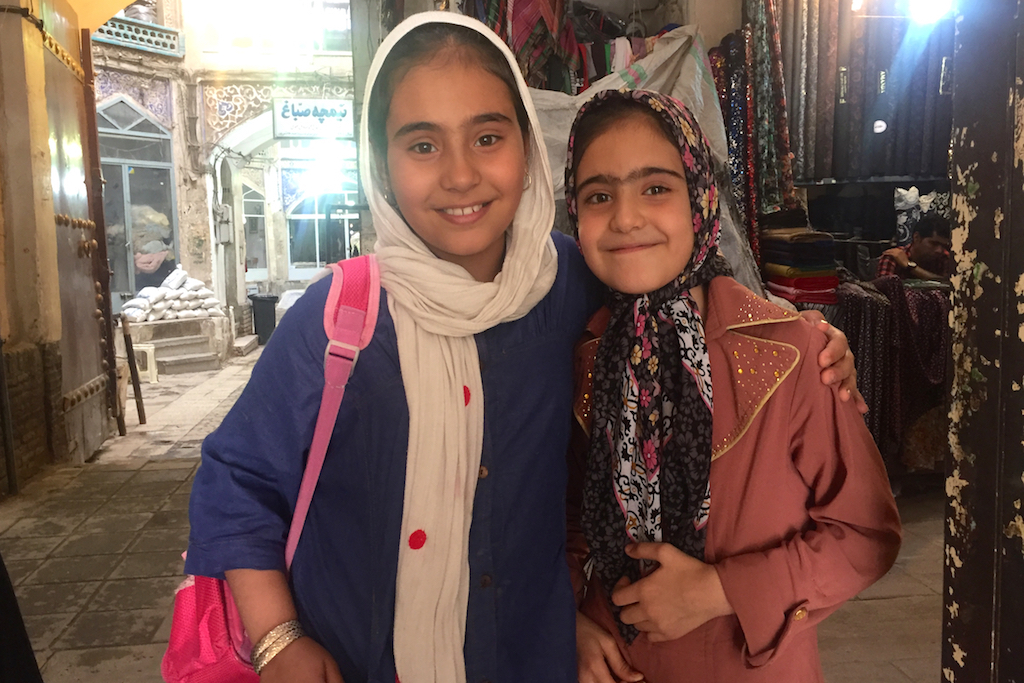This past June, I traveled in Iran by myself for two weeks. I arrived in Tehran, stayed in a hotel I had booked online, and made my way by buses and private transportation to Shiraz, via Kashan, Isfahan and Yazd. I had a fantastic time: I met interesting people whom I’m still in touch with, gained a few pounds wanting to sample all the delicious food, and lost my mind at the beautiful architecture.
Before leaving on the trip, which I had wanted to make for years, I was out celebrating the end of the semester with colleagues. We were sharing our plans for the summer. One co-worker asked, in a bit of a troubled voice, what I was going to be doing in Iran, and misheard my answer of “traveling” as “struggling.”
Yes, the bar we were at was loud. But I couldn’t help but think that this seemingly innocent mistake was symptomatic of the many questions and concerns people expressed to me before my trip.

